Dig This: SCOTUS Drops Fifth Amendment CaseThe court’s decision Tuesday to dismiss City of Hays, Kansas v. Vogt could have been predicted—and some commentators actually did
predict it, as soon as the case was argued in February.
One of the advocates who argued the case even
explicitly invited the justices to do it. “If this court wanted to [dismiss] the case as improvidently granted, we would certainly not object,” said
Kelsi Corkran, a partner at
Orrick, Herrington & Sutcliffe who represented Matthew Vogt, the respondent who stood to benefit from such an outcome.
Still, the dismissal of an argued case comes as a surprise because it is so rare. It happens a couple of times per term, almost always after oral argument.
➤➤ Legend has it that for every dismissed case, one of the justices’ law clerks lands in the doghouse, figuratively speaking, for having recommended the case for review in the first place. The clerk’s crime is missing flaws in the case ahead of time—inadequate record, a jurisdictional defect, that kind of thing. When justices begin to study the briefs or hear arguments, they suddenly discern the defects and begin to wonder, “Why are we here?”
That was the case in Hays, a test of the Fifth Amendment’s protection against forced self-incrimination. At issue was whether the Fifth Amendment is violated when incriminating statements are used at a probable cause hearing, not at a criminal trial.
But the context bordered on the bizarre.
Vogt, a police officer, made his incriminating statements during a job interview for another a police department position—not a typical police interrogation. All sorts of other procedural baggage came with the case as it made its way to the Supreme Court.
“This is a very odd case,” Justice
Samuel Alito Jr. said during argument, and Justice
Sonia Sotomayor agreed—not a good sign. The biggest predictor of trouble came when Justice Stephen Breyer asked a key question about the procedural history of the case. When Corkran said “none of that is in the record,” Chief Justice
John Roberts Jr. blew up, disparaging the use of non-record statements of fact. He let the questioning continue, but added, “I will discount the answers because it’s not something that’s in the record.”
In a statement, Corkran said she was pleased by the court’s action. “The court’s decision to dismiss is a victory for our client, Officer Vogt, who is now free to pursue his civil rights claim on remand.”
With the case dismissed from the court’s docket, it may be best known for the fact that all three lawyers who argued were
former clerks of one justice:
Ruth Bader Ginsburg. Arguing against Corkran were
Toby Heytens, now Virginia’s solicitor general, and
Elizabeth Prelogar, assistant to the U.S. solicitor general who has been
detailed to the legal team of special counsel Robert Mueller.
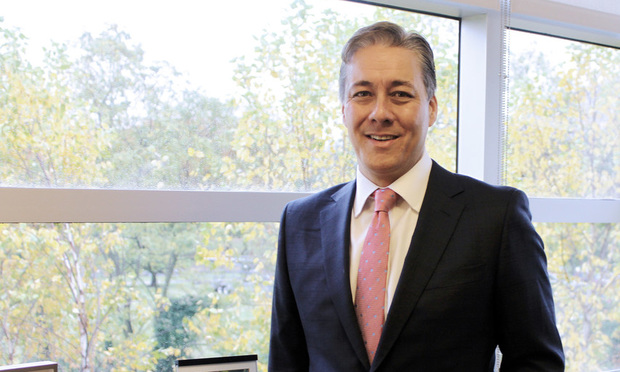



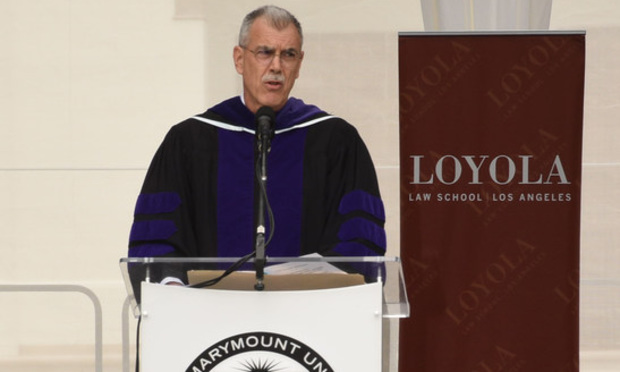
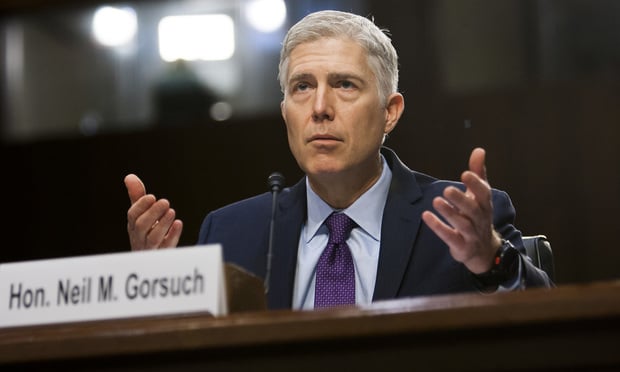



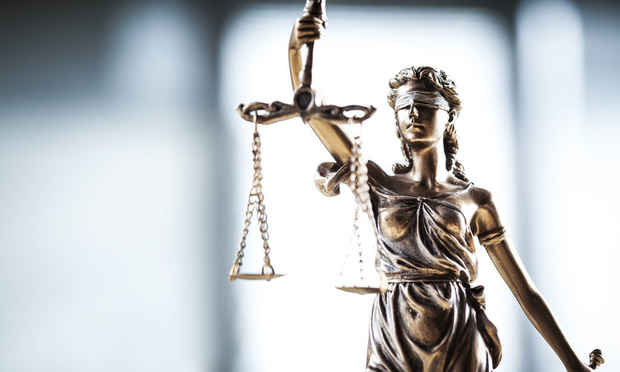

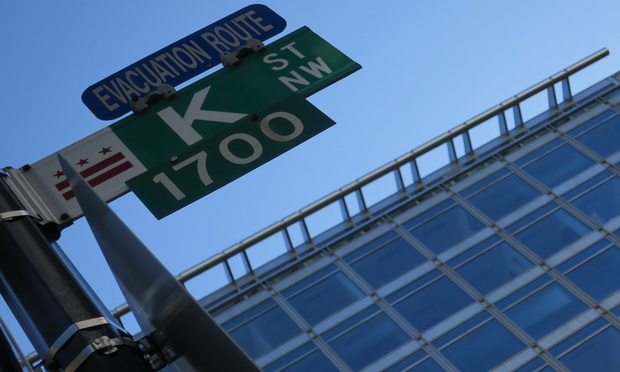
Comments
Post a Comment